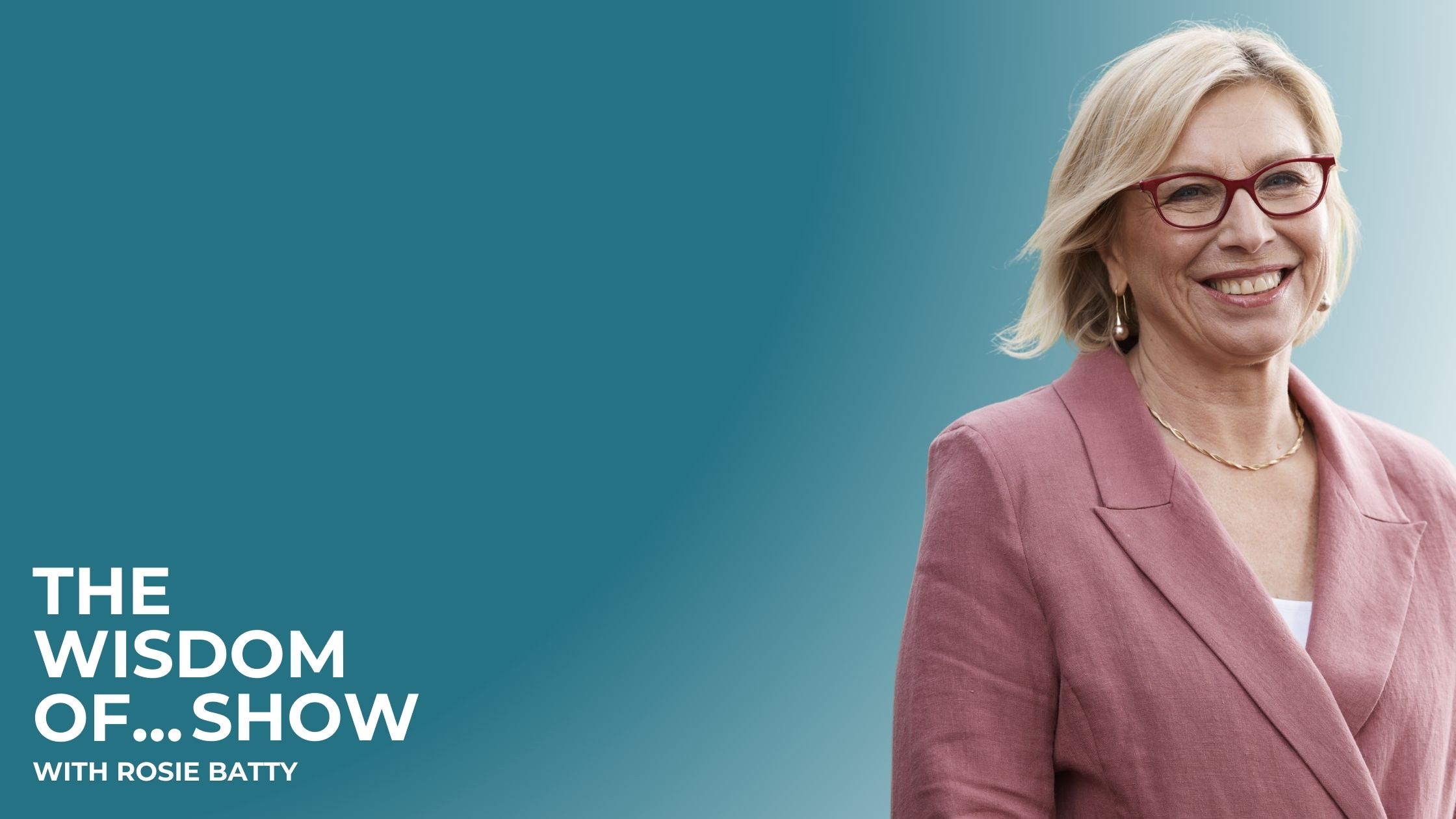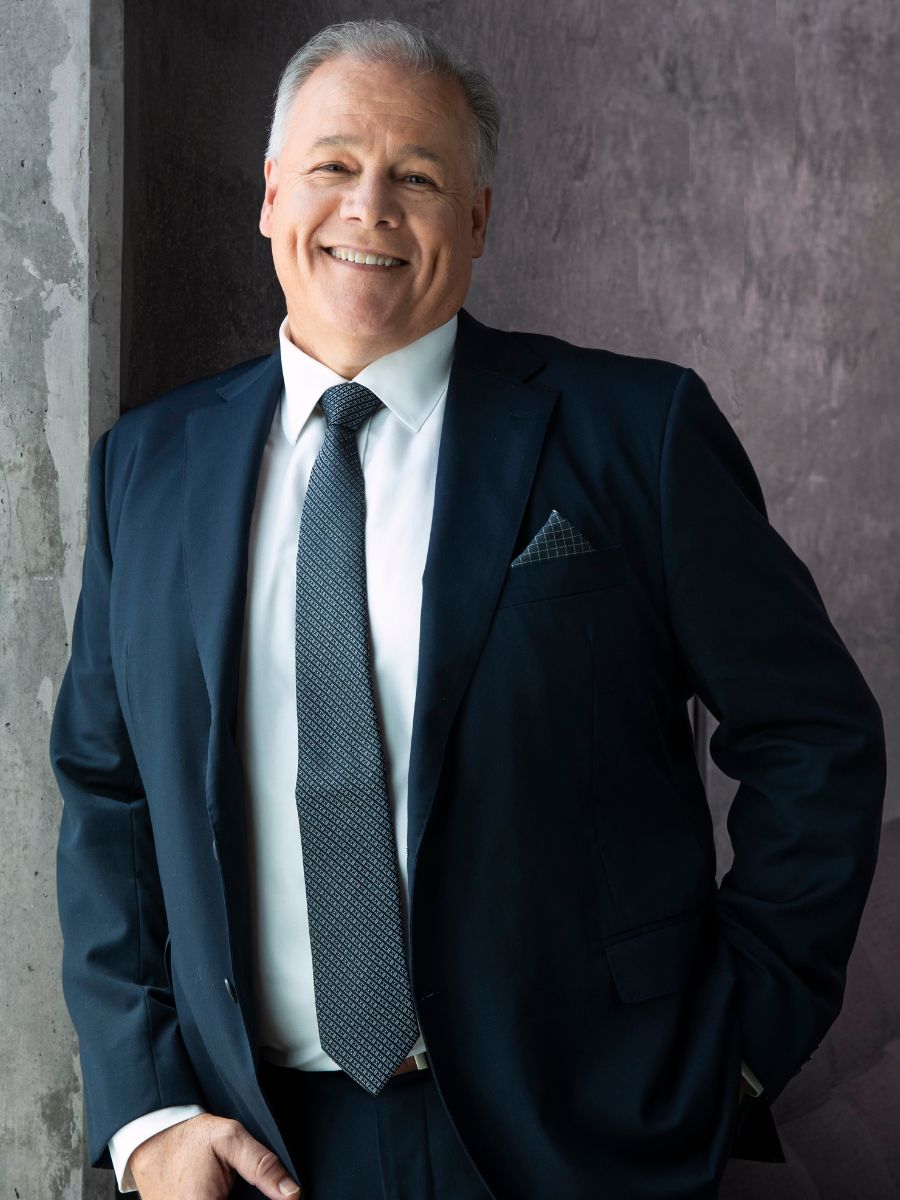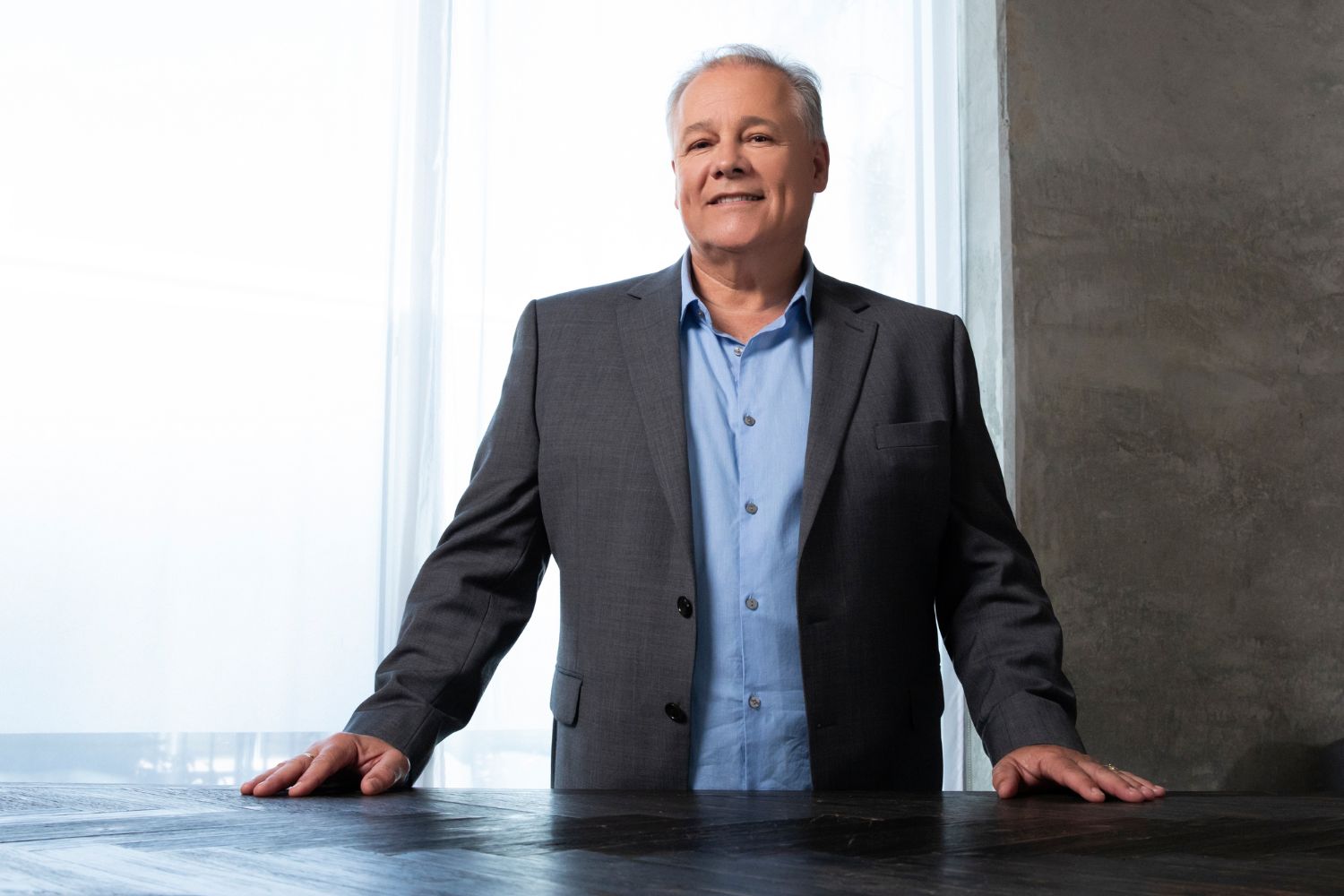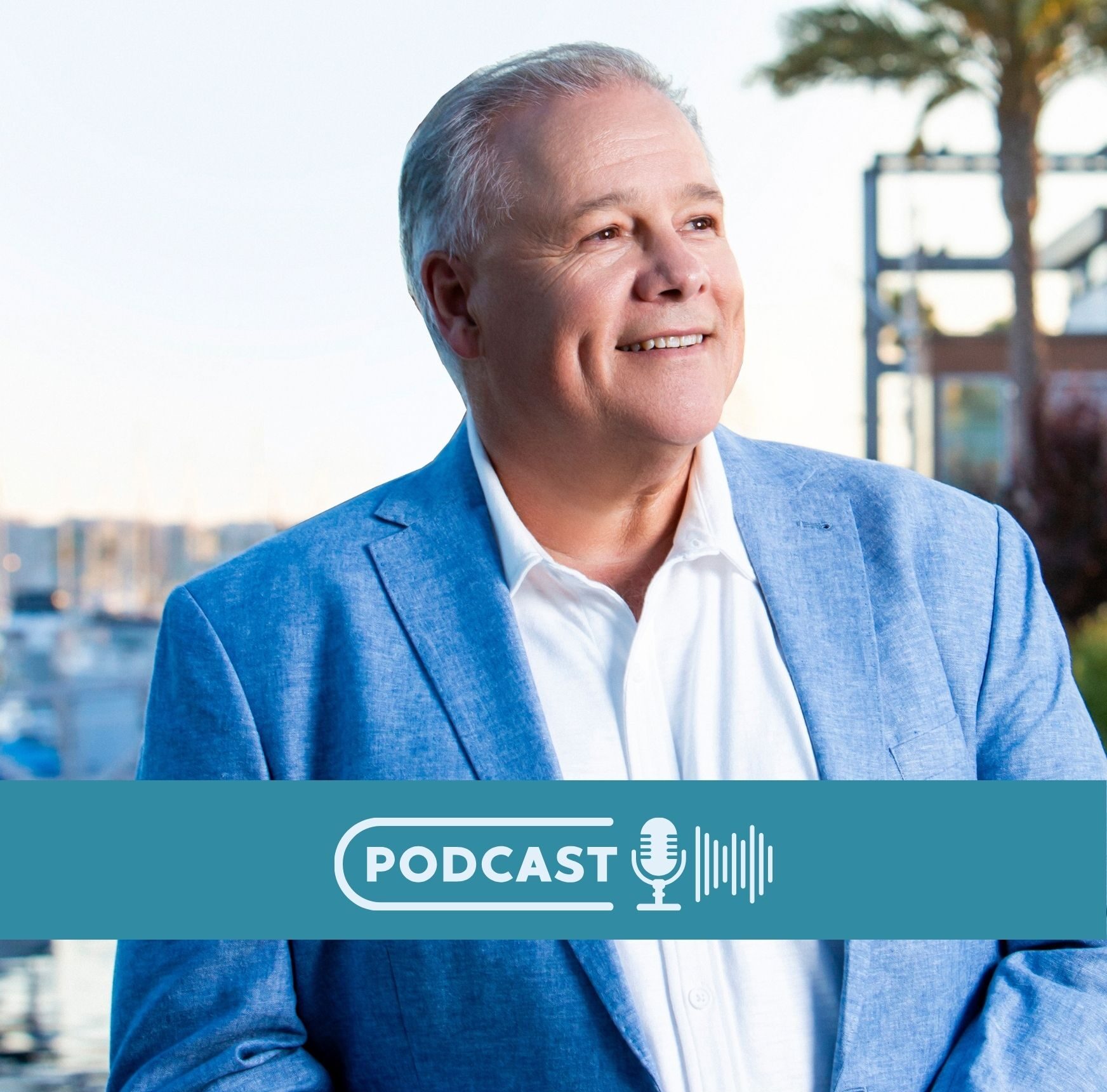In the quest for business growth and innovation, we often find ourselves reaching for quick fixes and simplified formulas. Yet the most profound wisdom comes from those who’ve had to make decisions with the highest possible stakes.
My recent conversation with Major General Mick Ryan AM on “The Wisdom Of…” podcast offered precisely this kind of insight – leadership wisdom forged in the crucible of military command, where decisions impact not just quarterly results but human lives.
The Human Foundation of Leadership Excellence
After 35 years in the Australian military, including leading reconstruction efforts in Afghanistan and serving in senior strategy roles at the Pentagon, Mick understands something fundamental that many business leaders miss: leadership excellence transcends technology and industry-specific knowledge.
“Leadership’s got nothing to do with technology, to be quite frank,” Mick told me. “The organizations within which we exist… are human organizations. They are made entirely up of humans, all of whom have different motivations and incentives and behaviors.”
This perspective challenges the current fascination with AI-driven management and data-based decision-making. While these tools have their place, Mick emphasizes that true leadership requires human connection:
“One of the most important ways I like to operate from when I was a lieutenant to when I was a major general was walking around. It’s amazing the kind of things you find out walking around that you don’t find out otherwise. Leadership by walking around is really important. Even if you’re the leader of a big multinational corporation, you’ve got to get out of the C suite, walk the floor.”
In our digital-first business environment, this “analog” approach to leadership might seem outdated. Yet I’ve observed in my work with organizations across every sector that this human connection remains the foundation upon which all effective leadership is built. The companies that maintain this foundation while leveraging technology will thrive; those who substitute technology for human leadership will falter.
Want to hear more profound insights from Major General Mick Ryan? Watch the full episode of “The Wisdom Of…” where we explore leadership challenges in even greater depth.
The Three-Step Framework for Solving Complex Problems
Perhaps the most valuable insight Mick shared was his systematic approach to tackling complex problems – a framework that has served him through military operations, institutional reforms, and global strategic initiatives. This three-part methodology provides a disciplined approach that business leaders can immediately apply:
“First thing is diagnosis. What is the problem? Investigate it, describe it and get the senior leadership to agree. That is the problem. Don’t do anything until you’ve got them to agree that that’s the problem they want solved… The second step is, okay, these are the potential solutions we have and be very honest about them… The third is implementation. And this is the hard bit.”
This structure creates both clarity and accountability. In my decades working with organizations from startups to global enterprises, I’ve found that failure typically occurs at one of these three points: misdiagnosing the problem, inadequately evaluating potential solutions, or poor execution. Mick’s framework provides the discipline to avoid these pitfalls.
Embracing Failure as the Foundation for Growth
Mick shared a powerful personal story about failing every subject in his first year at the Australian Defence Force Academy – a spectacular academic collapse that could have ended his career before it began. Instead, this failure became foundational to his development as a leader.
“Good leaders have failed. There is no good leader that doesn’t have a litany of failures in their past, but the difference between good and bad leaders is good leaders only make that mistake once. They learn and improve.”
This perspective echoes what I’ve seen across every industry – the greatest threat to an organization isn’t failure itself but the unwillingness to acknowledge, learn from, and openly discuss failure. As Mick observed, “good leaders talk about their failures. They don’t just learn from them. They don’t just cover them up.”
This creates psychological safety within organizations, allowing innovation to flourish without the paralyzing fear of failure that stifles creativity and risk-taking.
Continuous Adaptation vs. Reform Programs
One of the most thought-provoking aspects of our conversation was Mick’s perspective on organizational change. Rather than seeing change as a periodic necessity managed through discrete “reform programs,” he views continuous adaptation as the natural state of effective organizations:
“Reform programs are a response to failure. It’s because leaders have not been adapting appropriately, have not responded to changes in the environment and are forced to then do that… Don’t have a lot of patience for things like change fatigue and stuff like that. The world is changing every second.”
This insight challenges the traditional cycle of stability punctuated by change initiatives. In today’s environment, stewardship means creating organizations that continuously evolve, rendering dramatic transformation programs unnecessary.
Developing Tomorrow's Leaders
Perhaps most importantly, Mick emphasized that leadership excellence doesn’t happen by accident. It requires deliberate development, mentorship, and investment:
“Good leaders don’t just emerge unformed… Leadership is learned. You’ve got to teach people. You’ve got to teach people the theory. You’ve got to give them the opportunity to make lots of mistakes and learn from them.”
This stands in stark contrast to the “sheep dip” approach to leadership development common in many businesses, where future leaders attend a brief training program and are expected to perform without ongoing support and development.
Building a Legacy of Stewardship
At its core, Mick’s message aligns perfectly with what I’ve long advocated: true leadership is fundamentally about stewardship. As he put it:
“Good leaders are always good stewards. You try and leave your organization because believe it or not, you will leave it eventually, we all do. You need to leave it in better shape than what you found it.”
This focus on leaving a legacy challenges us to move beyond the short-term, transaction-focused leadership that characterizes too many organizations today.
Going Deeper
The conversation with Major General Mick Ryan reinforces what I’ve seen across decades of working with leaders: wisdom isn’t found in quick fixes or trending management theories. It emerges from deep thinking, human connection, and the courage to embrace both success and failure as teachers.
Are you ready to lead with greater wisdom in your organization? Dive into the complete conversation with Mick Ryan on “The Wisdom Of…” podcast and join me for an immersive exploration of leadership frameworks in my masterclass. Together, we can build organizations that don’t just succeed today but create lasting impact for generations to come.










